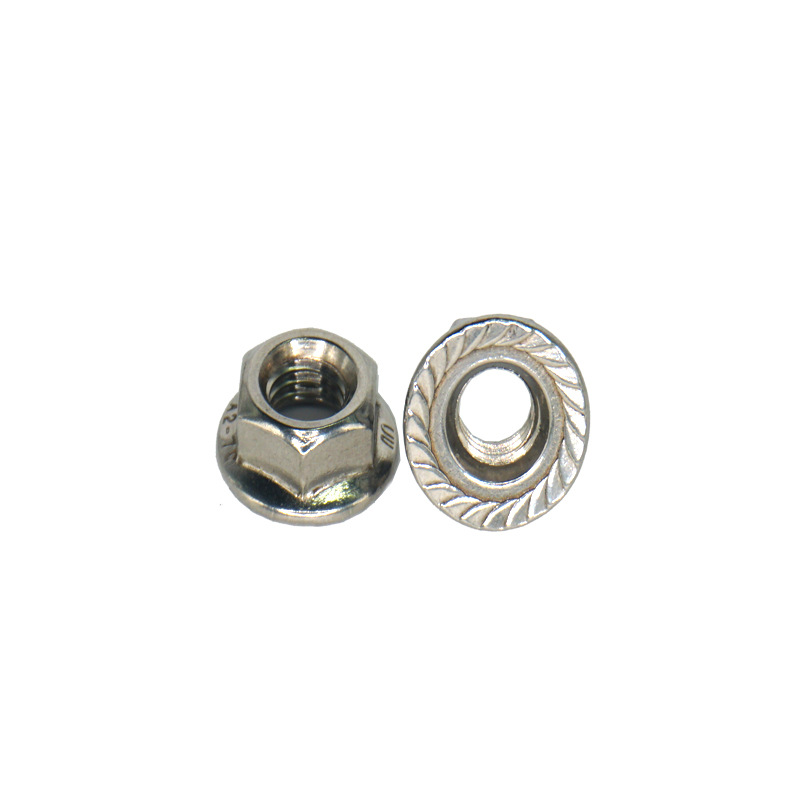

A Comprehensive Overview of Different Bolt Varieties and Their Uses
10월 . 01, 2024 18:22 Back to list
A Comprehensive Overview of Different Bolt Varieties and Their Uses
Types of Bolts An Overview
Bolts are an essential component in various applications, providing secure fastening and structural integrity across a multitude of industries. From construction to automotive, understanding the different types of bolts is crucial for engineers, builders, and DIY enthusiasts alike. This article explores the various types of bolts, their characteristics, and their specific uses.
1. Hex Bolts
Hex bolts are one of the most commonly used types of bolts. They have a hexagonal head, allowing for easy wrench attachment and providing a strong grip. Hex bolts are typically used in conjunction with nuts and are ideal for securing heavy loads. Their versatility makes them suitable for various applications, including mechanical assemblies, construction projects, and heavy equipment.
2. Carriage Bolts
Carriage bolts are distinguished by their round head and square neck, which prevents them from turning when tightened. They are primarily used in wood applications but can also be utilized with other materials like metal. The smooth, rounded head allows for a flush finish and reduces the risk of snagging. Carriage bolts are commonly found in furniture assembly, deck building, and outdoor structures.
3. Lag Bolts
Lag bolts, also known as lag screws, are heavy-duty fasteners designed for securing large and heavy materials, especially in woodworking. They feature a thick shaft with coarse threads and are usually driven into pre-drilled holes. Lag bolts are particularly effective in applications where high tensile strength is required, such as in the construction of decks, barns, and heavy wooden furniture.
4
. Shoulder BoltsShoulder bolts, or stripper bolts, have a distinct shoulder that allows for precise alignment in mechanical applications. The unthreaded section acts as a pivot point, making them suitable for applications where parts need to rotate around the bolt. These bolts are commonly used in machinery, automotive components, and other mechanical systems where rotation is involved.
types of bolts

5. Eye Bolts
Eye bolts are designed with a looped head, which allows for the attachment of ropes, chains, or cables. They come in both screw-type (which are threaded) and nut-and-washer combinations, providing versatile anchoring solutions. Eye bolts are widely used in lifting and rigging applications, making them a critical component in industries such as construction, shipping, and outdoor recreation.
6. T-Bolts
T-bolts are shaped like the letter T and are used primarily in T-slot framing systems, facilitating the assembly and adjustment of components. The T-shape enables easy sliding into tracks, allowing for flexible design configurations. T-bolts are commonly seen in industrial applications, such as machinery frames and workstations, where modular design is essential.
7. Foundation Bolts
Foundation bolts or anchor bolts are used to attach structural elements to concrete foundations. They come in various shapes (including L, J, and straight) and are embedded into the concrete before it sets. These bolts provide stability and are critical in the construction of buildings, bridges, and other structures, ensuring that they can withstand various force loads.
8. U-Bolts
As the name suggests, U-bolts have a U-shape and are primarily used to secure pipes or other cylindrical objects. They come with two threaded ends that allow for nuts to be fastened. U-bolts are widely used in plumbing, automotive, and construction applications, providing a secure and stable hold for various components.
Conclusion
Understanding the types of bolts available is essential for selecting the right fasteners for specific applications. Each type of bolt serves a unique purpose and is designed to handle different loads, materials, and environmental conditions. Whether you are engaged in a large construction project, making repairs at home, or working on machinery, knowing the correct bolt type will significantly enhance the efficacy and safety of your work. By choosing the appropriate bolts and understanding their functions, one can ensure durability and reliability in any construction or assembly endeavor.
Latest news
-
Hot Dip Galvanized Bolts-About LongZe|High Strength, Corrosion Resistance
NewsJul.30,2025
-
High-Strength Hot Dip Galvanized Bolts - Hebei Longze | Corrosion Resistance, Customization
NewsJul.30,2025
-
Hot Dip Galvanized Bolts-Hebei Longze|Corrosion Resistance&High Strength
NewsJul.30,2025
-
High-Strength Hot-Dip Galvanized Bolts-Hebei Longze|Corrosion Resistance&High Strength
NewsJul.30,2025
-
Hot Dip Galvanized Bolts-Hebei Longze|Corrosion Resistance&High Strength
NewsJul.30,2025
-
Hot Dip Galvanized Bolts - Hebei Longze | Corrosion Resistance, High Strength
NewsJul.30,2025

